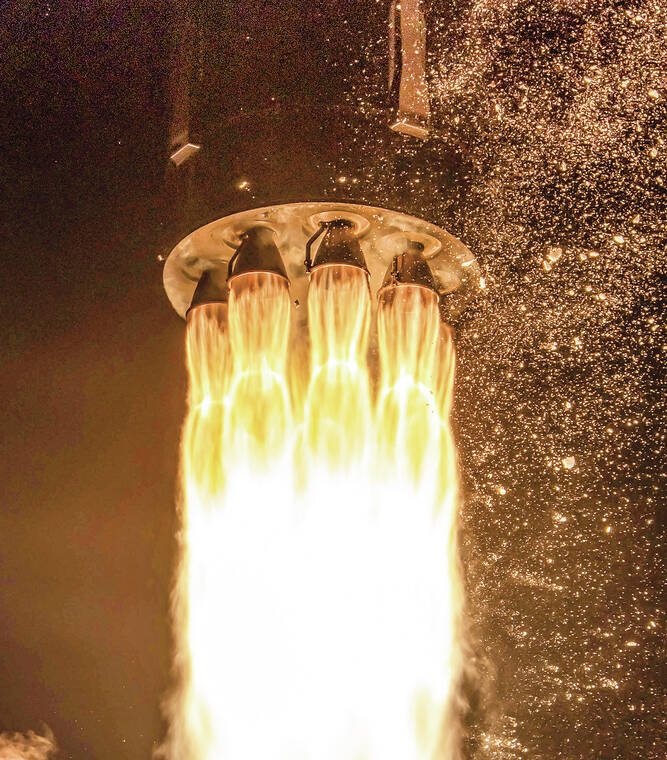Rocket Lab’s latest launch sends space junk inspector to orbit
While SpaceX has continued its breakneck pace of launching from the Space Coast and California, small rocket company Rocket Lab continues to solidify its role as the second busiest launch service provider, knocking out its second mission of the year, the latest sending a commercial satellite into orbit to inspect a piece of space junk.
Dubbed “On Closer Inspection,” the Electron rocket took off from Rocket Lab’s Launch Complex 1 in New Zealand at 3:52 a.m. local time carrying the Active Debris Removal by Astroscale-Japan (ADRAS-J) satellite for Astroscale Japan.
ADVERTISING
Astroscale’s goal is to figure out how to remove space junk from orbit, but this first mission will simply send the satellite on a three- to six-month mission to get up close with an old Japanese rocket stage that launched in 2009 but remains in low-Earth orbit.
“Today’s successful launch of ADRAS-J marks another milestone toward our efforts to grow the on-orbit servicing sector while creating a sustainable space environment,” said Astroscale founder &CEO Nobu Okada in a press release.
The upper stage is from an H-2A rocket that flew the GOSAT Earth observation satellite. It’s about 36 feet long with a 13-foot diameter. ADRAS-J will observe the space junk as part of the company’s plans to figure out just how to assist deorbiting the stage on a future mission.
“Congratulations to the Astroscale team on this historic mission that paves the way for new and innovative ways to reduce orbital debris and ensure space remains safely accessible,” said Rocket Lab founder and CEO Peter Beck. “It’s a real honor to provide a dedicated launch service and enable the kind of precise orbital maneuvers required for an advanced mission like this.”
For Rocket Lab, based in Long Beach, California, the flight marks its 44th Electron rocket launch among its launch pads in New Zealand and Virginia.
It flew 10 missions in 2023 making it second to SpaceX’s 98 launches. United Launch Alliance, which had delays to its new Vulcan Centaur rocket, flew only three times in 2023.
Electron rockets, though, are small-lift rockets capable of only carrying about 660 pounds to low-Earth orbit. SpaceX Falcon 9 rockets can carry more than 50,000 pounds to LEO in comparison.


